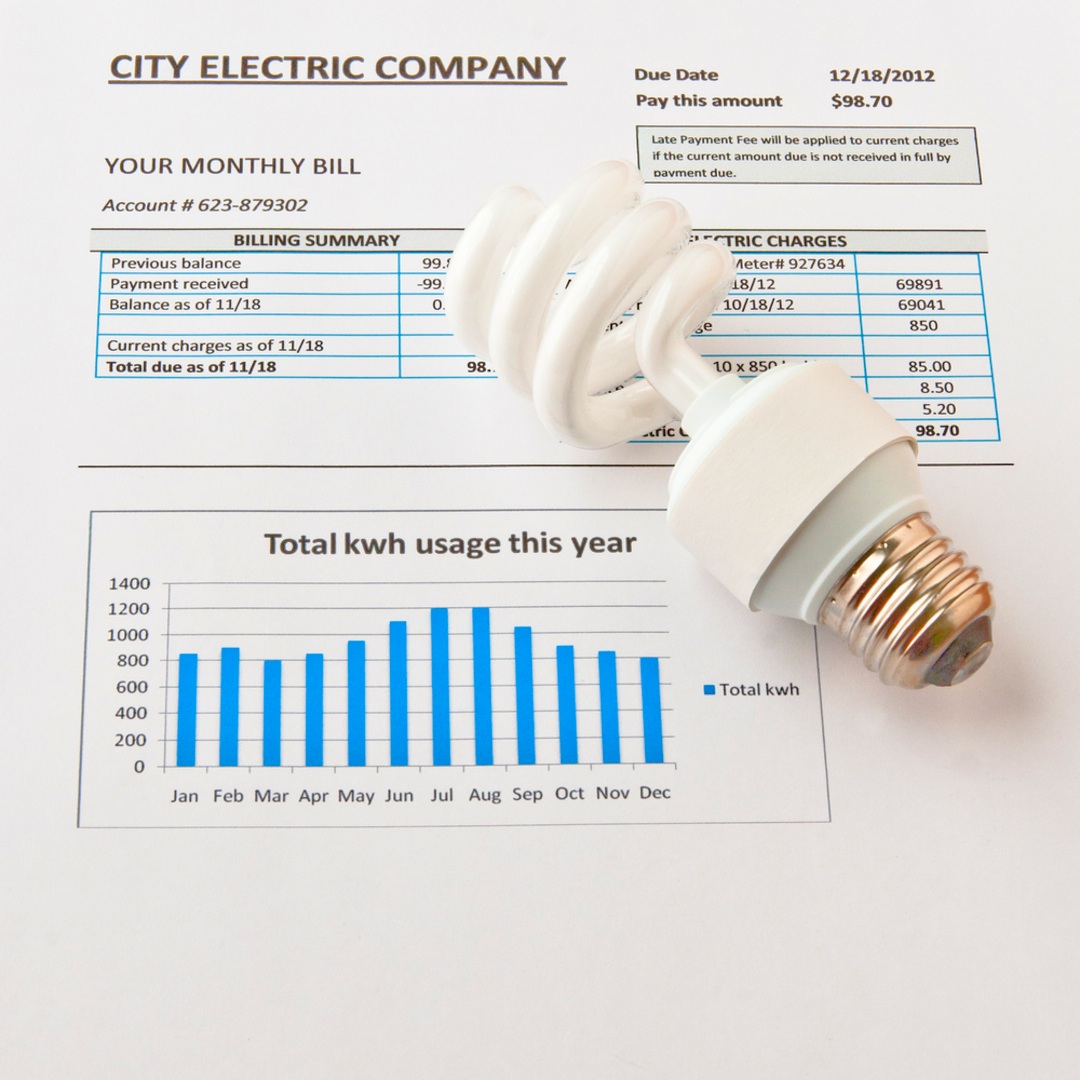

The Electricity Group of Vietnam (EVN) has hiked electricity prices seven times since 2009 because “selling prices were lower than production costs”, but the power monopoly has recently been found to incur numerous unreasonable expenses, all of which were counted as factors to increase prices.
The latest power price increase of EVN was on August 1, with prices hiked by 5 percent to VND1, 508.85 per kWh (excluding value-added tax). Earlier, the company hiked prices twice a year in 2009, 2011, and 2012.
EVN said many of these price adjustments were made because its selling prices failed to make up for production costs. For instance, the August price hike was to offset the overrun expenses from rising coal and gas prices.
However, the State Inspectorate has discovered that EVN has in fact counted other expenses as factors to propose the price hikes.
The inspectors said EVN has earmarked VND595 billion to set up mini residential areas including houses, apartments, swimming pools, and tennis courts next to six of its thermal power plant projects.
While they are in fact intended to serve EVN officials, these constructions have been counted as parts of investment projects, and later used as one of the factors to calculate the new power prices, which the inspectors deem a violation to the rules.
Other unreasonable expenses of EVN include the purchase of two Toyota Land Cruisers at VND5.1 billion, even though the allotted budget for vehicles is only VND1.04 billion.
Similarly, its subsidiary EVN Southern Power Corp also bought six Toyota Camry 2.4G cars, exceeding the allowable budget by VND2.2 billion.
Moreover, many subsidiaries of EVN still gave bonuses to their employees in 2011 even though they posted losses that year, the inspectors said.
In response to the inspectorate report, EVN Chairman Hoang Quoc Vuong talked with Tuoi Tre on Tuesday as he wanted to “make it clearer for the public” about the inspectors’ conclusion.
Asked about the ‘outside’ investment of VND121 trillion while the company’s registered capital is only VND76 trillion, Vuong said people have misunderstood the terms “outside investment” and “investment to non-core sectors”.
“The VND121-trillion sum is in fact not invested in sectors other than the core business of EVN,” he said.
Vuong elaborated that these investments were in fact put into the power generating plant projects of EVN.
“After these plants have been privatized, these investments were counted “outside investments”,” he asserted.
As for the investments in non-core businesses such as insurance, securities, or banking, Vuong claimed that the current figure is only VND2 trillion.
“EVN is also divesting from these sectors as ordered by the government,” he added.
Vuong also said the building the apartments with swimming pools and tennis courts along with the power plants is not an improper use of funds.
As most of the power plants are located in distant areas, it is necessary to provide the experts and employees with good accommodations, he explained.
“The facilities are to serve the foreign experts and local professionals,” he said.
“Once the plants have been finished and the foreign experts have left, the facilities will provide accommodation for our high-quality officials and employees.”
Gallagher Re has shed light on the significant challenges insurers face when providing coverage for…
The Australian government will disburse AUD 1.7 million (USD 1.1m/EUR 1m) in grant funding to…
GlobalData’s latest report, ‘Asia Pacific Renewable Energy Policy Handbook 2024’ is among the latest region-specific…
The electrical generation market is facing a number of challenges, including the need to increase…
Nuclear energy has emerged as a prominent player in Asia's energy landscape, offering a reliable…
The pursuit of a low-carbon future has gained significant momentum globally, and Asia stands tall…